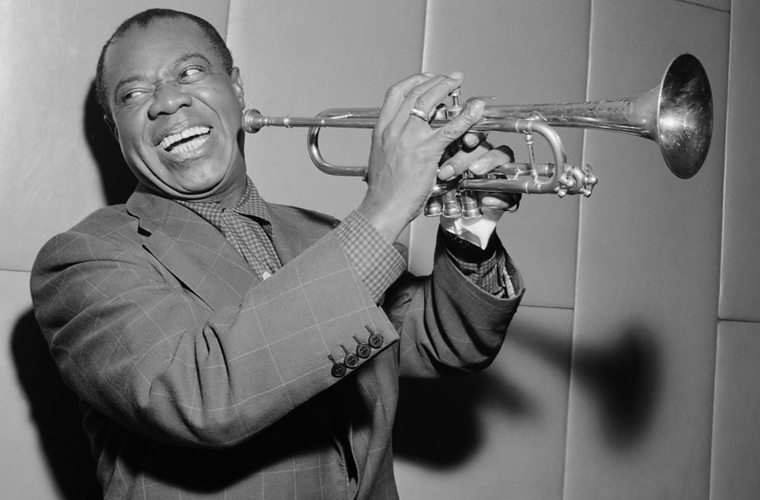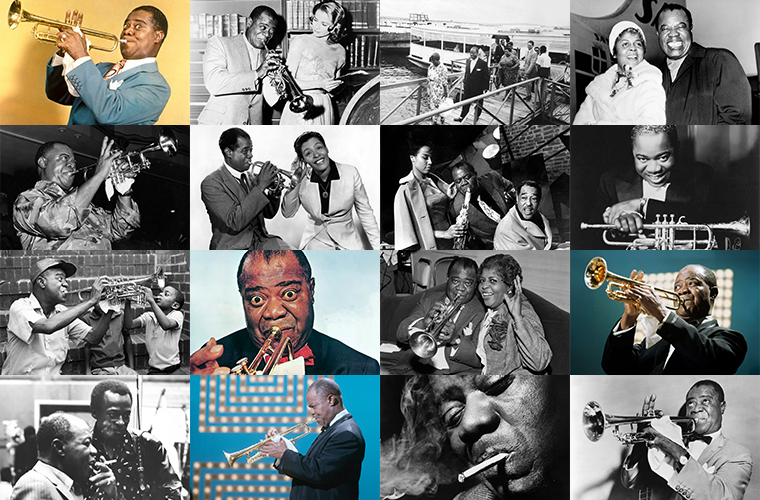Louis Armstrong, also known as Satchmo, was a legendary American jazz musician and singer. He was born on August 4, 1901, in New Orleans, Louisiana, and is widely regarded as one of the most influential figures in the history of jazz music. Armstrong’s career spanned five decades, during which he became known for his distinctive gravelly voice and virtuosic trumpet playing. He was a pioneer of the jazz solo, and his innovative improvisational style set the standard for generations of musicians to come.
One of Armstrong’s most famous recordings is “What a Wonderful World,” a song that has become an enduring classic and a timeless symbol of hope and optimism. His rendition of “Hello, Dolly!” also topped the charts and earned him a Grammy Award for Best Male Vocal Performance. In addition to his musical talents, Armstrong was also a charismatic performer and a beloved public figure. He appeared in numerous films and television shows, and his warm, engaging personality endeared him to audiences around the world.
Despite facing racial discrimination throughout his life, Armstrong remained a beloved and influential figure in the world of music. He used his platform to speak out against segregation and inequality, and his music served as a powerful force for social change. Armstrong’s impact on the world of music cannot be overstated. His innovative approach to jazz and his enduring legacy have solidified his place as one of the greatest musicians of all time. His influence can be heard in the work of countless artists across genres, and his contributions to the world of music continue to be celebrated and honored to this day.
Louis Armstrong passed away on July 6, 1971, but his music lives on as a testament to his unparalleled talent and enduring spirit. He will always be remembered as a true icon of American music, whose legacy continues to inspire and uplift audiences around the world.


